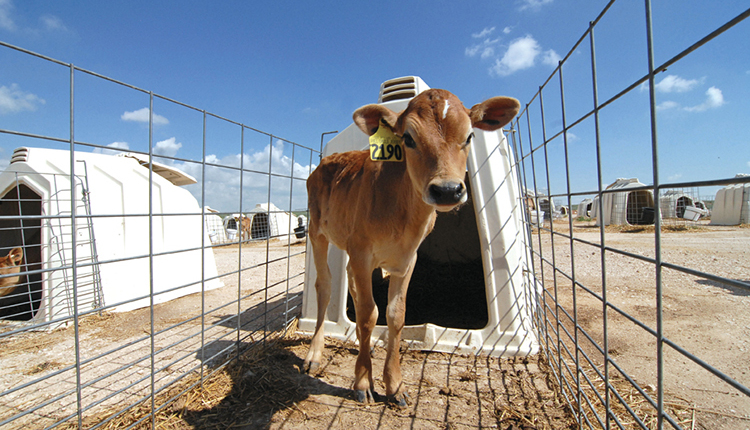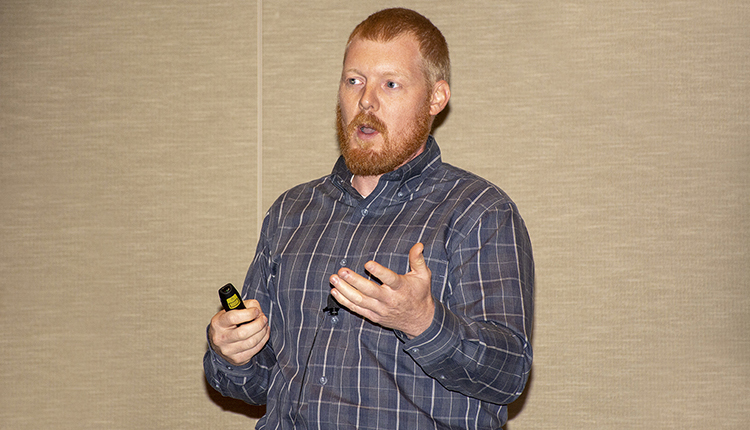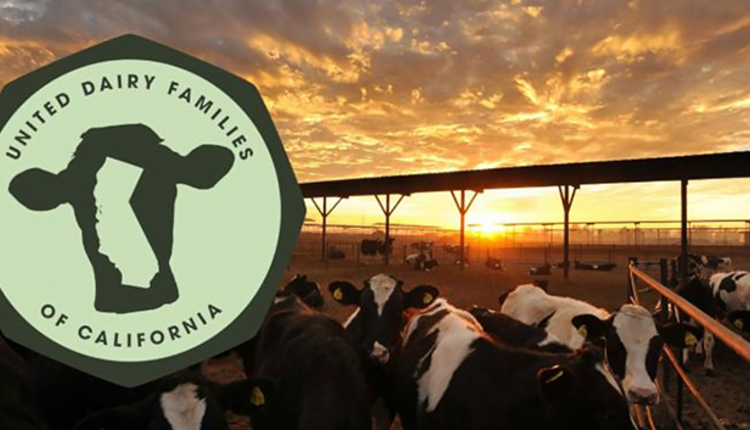
Slowly but surely, legitimate scientific groups are pushing back against questionable research and the agenda messages they peddle to consumers through a clueless media.
It's a trend that farmers probably don't see, but Hoard's Dairyman editors do in the constant stream of information that crosses our desks. One example is Evaluating Evidence, a new brochure from the International Food Information Council Foundation (IFICF) that gives tips to members of the press who write about science, health and food.
It comes on the heels of "Twenty tips for interpreting scientific claims" in the November 20, 2013, issue of the science journal Nature, which is a candid acknowledgement that mixed, skewed and sometimes outright false information is being given to consumers. The article is aimed at helping nonscientists question researchers and look for holes in their evidence. It is available at http://www.nature.com/news/policy-twenty-tips-for-interpreting-scientific-claims-1.14183
Smarter and more scientifically informed consumers may be wishful thinking, but it won't happen unless members of the media become smarter and more informed themselves. IFIC and Nature join a growing number of scientific groups that are speaking out and saying that not all health and nutrition claims are based upon legitimate science and research.








